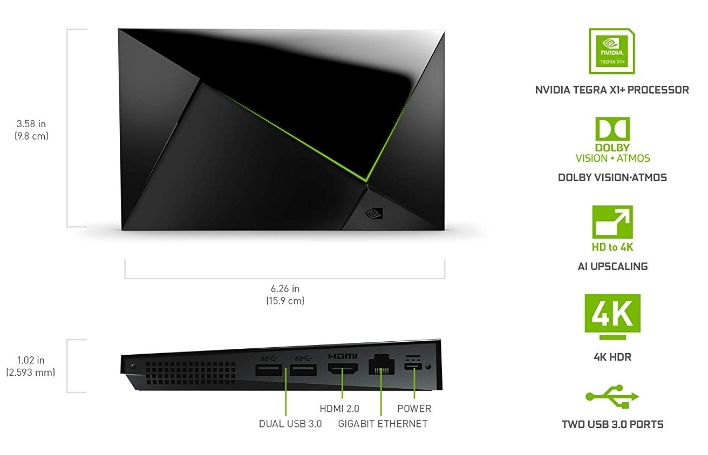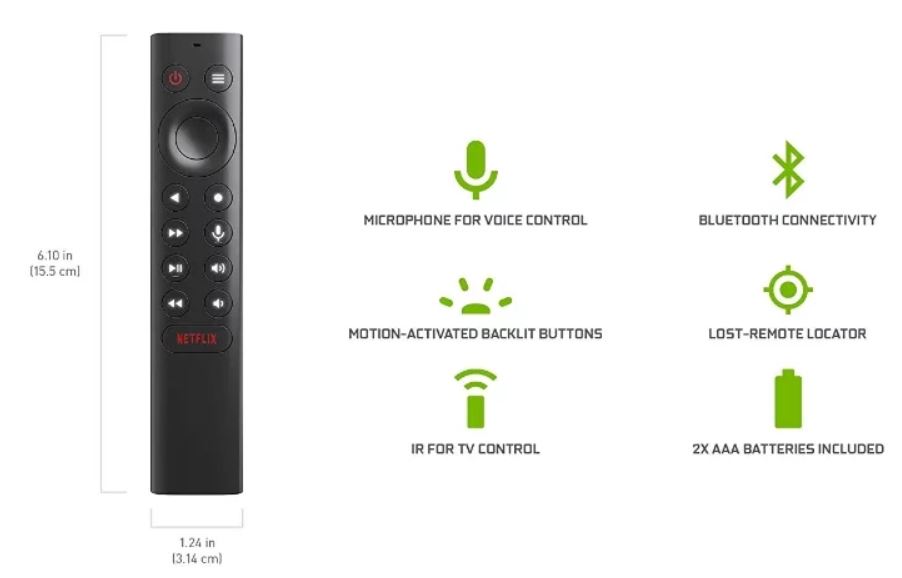Starting an online store sounds easy in theory – you’ve got a great product, a website that shows it all off, and maybe you dream of flexible hours and a queue of happy customers… but the truth is that building something that lasts – something that genuinely works – isn’t going to be an instant success in most cases, and generally it’s going to take a lot of work behind the scenes to make it happen. With that in mind, keep reading to find out what it really takes to build a successful online store.
A Clear Reason To Exist
The first thing to think about is that your store needs a purpose that’s more than you wanting to sell things. What’s actually different about you? What’s the thing your future customers will properly connect with? It could be your story, your product quality, your customer service, your values, or anything else, but unless you’ve got plenty of clarity, no one’s really going to know about it.
We’re not saying you’ve got to be big and bold unless you want to – we’re just saying you’ve got to be clear about things and about what you do (and how you do it). People aren’t suddenly going to start buying from you just because you exist; they’ll buy because they can see something in your store that makes them know they’re in the right place, so you’ve got to make sure they know that.
Build Before You Launch
There’s a lot of pressure to launch your business quickly once the idea for it comes to you, and you might think that’s the right think to do, and that you’ll definitely see sales once you hit the go button. But the thing to remember is that the stores that actually grow and become successful are the ones that tend to take their time, and they’re the ones that focus on creating a positive customer journey from the beginning – that means everything from the home page and how it looks to what happens if someone has a question at checkout.
And once you are live, then you’ll still need to keep building because there will still be lots to do. You’ll need to optimise your site, you’ll need to listen to your customers when they offer feedback, and you’ll need to adapt when things change (or when they have to change). The fact is that the most successful stores are the ones that keep tweaking things and trying to improve, so you’ll need to do that too.
Get The Right Tech
Things can fall apart quite quickly if you’ve not got the right tech in place, especially when you’re trying to juggle a few different platforms and programs at once, like your website payment processor, inventory systems, CRMs, and so on. The problem is that stuff can start to slip through the cracks, and that’s when customers start to drift away.
What helps is thinking about your tech and the things you choose as something that’s there to support your business and not stress you out, and that’s where choosing the right software is really going to make a massive difference.
Sometimes that could mean teaming up with a third party to make things a little easier for you. If you’ve ever found yourself wondering what is an ISV partner, the simple answer is one that could help you hugely in your business – ISV stands for independent software vendor, and these are partners that create specific tools that slot into larger platforms like your payment gateway, for example. In other words, they make sure everything works together for a better overall result.
People Remember How You Made Them Feel
Your product really does matter, and so does your branding, but the truth is that it’s the experience that’s really going to stick with people, and if your site was easy to use, there was plenty of support, and the order arrived on time, people are going to remember that and you’ll gain more customers as well as a positive reputation.
That’s where your brand voice and tone can really count – you don’t need to sound like a big corporation, you just need to sound like you know what you’re doing, and that you care (that’s massively important). So when it comes to doing things like writing your product pages, for example, do it with the customer in mind – in fact, do everything with the customer in mind and you’ll be in a much better place. Make people feel good, and they’ll remember it – and that’s good for business.






